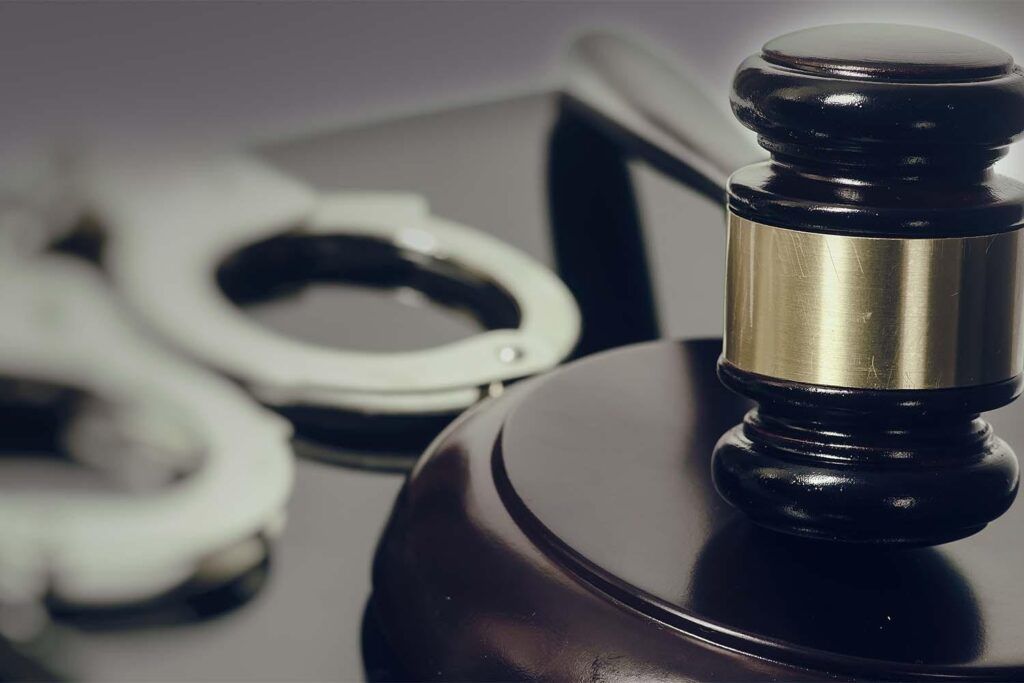Summers & Associates Wants Everyone to Be and Feel Safe at Home
Shifting our focus this month, our June blog will explain what you need to know about an order of protection. On an average day, domestic violence hotlines receive more than 20,000 phone calls nationwide, per National Coalition Against Domestic Violence data. According to https://ncadv.org, more than 10 million people suffer physical abuse by an intimate partner in the U.S. each year. That works out to almost 20 people per minute. The NCADV recorded 19 domestic violence homicides in West Virginia and 109 in Ohio in 2020. So, what can you do about this?
Understand and Be Aware of the Signs of Abuse and Domestic Violence
While they’re often fulfilling, relationships aren’t always easy. We all deal with life in different ways, and sometimes, how one deals with life can negatively impact our relationships. This is especially true when someone gets angry about something. Your partner expressing anger doesn’t necessarily mean you’re a victim of domestic violence. Just because your partner slams the door, yells, or spews sarcasm, for example, doesn’t mean you’ve experienced abuse. The signs you might be an abuse victim and could become subject to domestic violence include:
- Your partner consistently says you never do anything right or destructively criticizes your parenting, housekeeping, lifestyle, and other things.
- One partner consistently insults, demeans, or shames their spouse, especially in front of others.
- Your partner shows extreme jealousy of your other relationships or time spent away and/or prevents/discourages you from time spent away.
- One partner controls the household finances without discussion, including not providing for necessary expenses or taking money that’s rightfully yours.
- Your partner pressures you to engage or participate in activities you’re emotionally or physically uncomfortable doing (such as sexual or drug-related activities).
- One partner intimidates the other by using menacing looks or behavior or threatens you with harmful objects.
- Your partner consistently threatens to harm or take away children or pets.
- One partner destroys the others belongings and/or your residence.
Establish a Well-Detailed Safety Plan; Hide a Bag of Essentials and More
If you suspect you’re an abuse victim, it’s critical that you have a safety plan to thwart possible domestic violence. According to https://domesticviolence.org, a safety plan outlines important information that you need to escape an abuse-related situation. Among aspects of your safety plan should be a bag of essentials that you can grab at a moment’s notice. Essentials include cash, keys to work and your car, your and your children’s clothing, important documents, IDs, pet items, and medications. You might also include an address book, your jewelry, family pictures, and children’s things like blankets and toys. Once you’re safe from abuse, you should destroy hard copies of the safety plan, so the abuser can’t access it. In general, basic safety plans should include:
- Important phone numbers — friends, family members, police, a local shelter, and abuse/domestic violence hotlines (such as the National Domestic Violence Hotline: 1-800-799-SAFE)
- Addresses of four/five places that you, your children, and pets can go upon leaving the abuse-related situation
- Credit cards and/or a bank account in your name only — preferably from different institutions than the abuser’s
- If possible, a location at which your children and pets can be, temporarily, in advance of your plan to leave
- Safe places in the home, with exits and no weapons, to de-escalate abuse-related situations or to simply get out
- A place in the home known only to you in which to keep your bag of essentials
File a Protection from Abuse Order (PFA) or Order of Protection (OOP)
West Virginia law states “every person has a right to be safe … and family … free from domestic violence.” In Ohio, the code states, “No person shall knowingly cause or attempt to cause physical harm to a family or household member.” To ensure WV and Ohio safety from domestic violence or abuse, victims can file an Order of Protection (OOP.) Some states call OOPs Protection from Abuse orders (PFAs.) Violators of a PFA or OOP get charged with a misdemeanor punishable by up to one year in jail. There’s also usually a fine issued anywhere between $250 and $2,000.
Who Can File OOPs and PFAs, and How Much Does Filing One Cost?
The adult victim can file PFAs and OOPs as self-protection. Adult family or household members can also file PFAs and OOPs on behalf of a minor child. Additionally, OOP and PFA filings can be done on behalf of physically or mentally incapacitated adults unable to file. Witnesses to abuse or domestic violence or anyone threatened for reporting abuse can also file PFAs and OOPs. Those granted PFAs or OOPs aren’t charged for filing, serving, copying, or other items related to the OOPs or PFAs. However, those not found to be victims of domestic violence or abuse have to pay.
How Long Does a PFA or OOP last?
Generally, PFAs or OOPs range between 90 or 180 days, but can be extended as needed. In Ohio, there are four kinds of OOPs, depending on the circumstances. Civil OOPs or Civil Stalking OOPs can last up to five years. Domestic Violence Temporary OOPs and Criminal OOPs are only good until the court resolves said cases. In some situations, OOPs can be in effect for a year in West Virginia. These situations include:
- Violations of any prior OOP or PFA
- In the past 5 years, the abuser had two or more OOPs or PFAs entered against him or her
- The abuser has additional or prior domestic battery, domestic assault, or felony violent crime convictions
- The victim’s or victims’ physical safety requires a longer OOP or PFA
For more information on legal services, give Summers & Associates a call at (304) 420-0975. Follow us on Facebook for updates. We are happy to further explain what you need to know about an order of protection.




